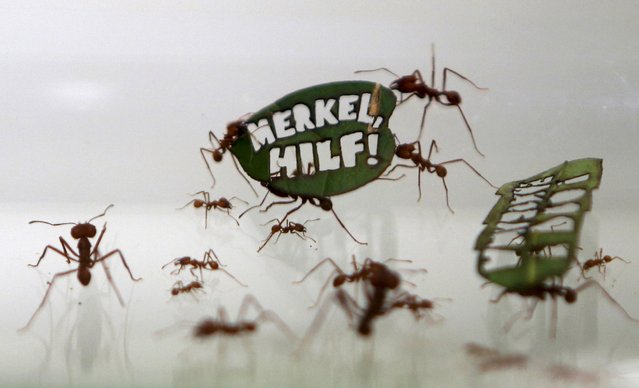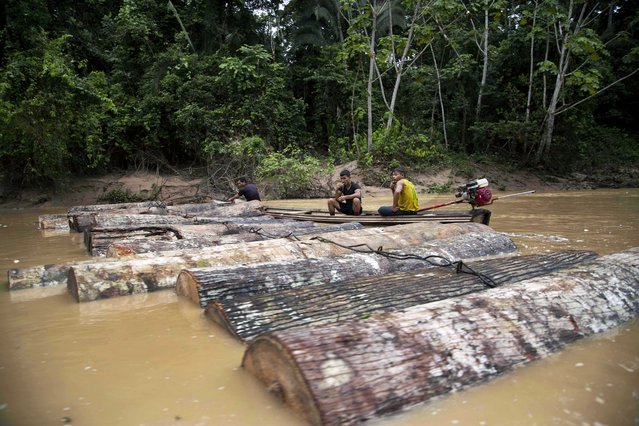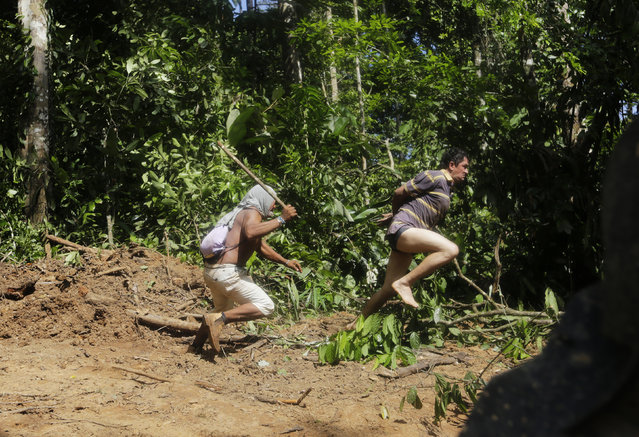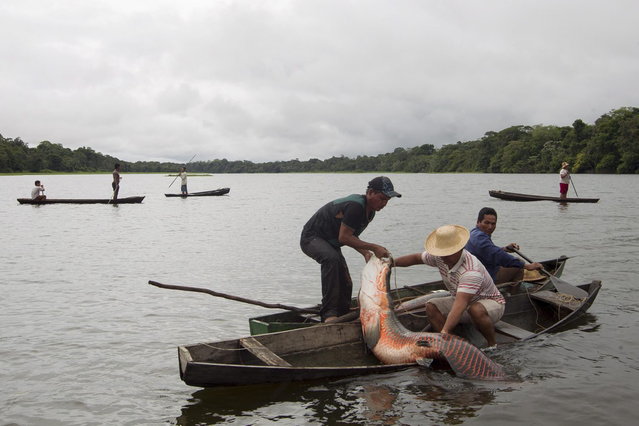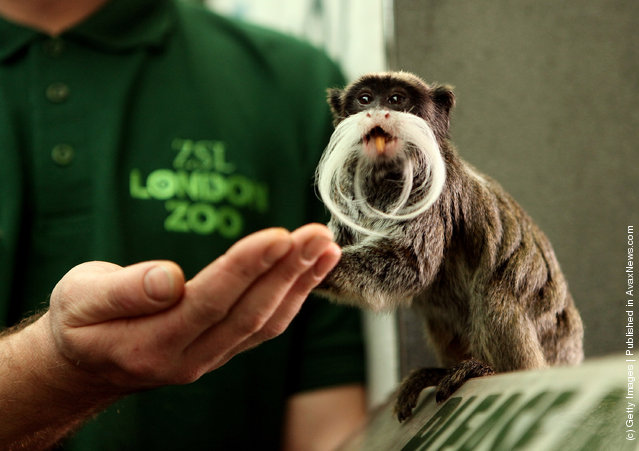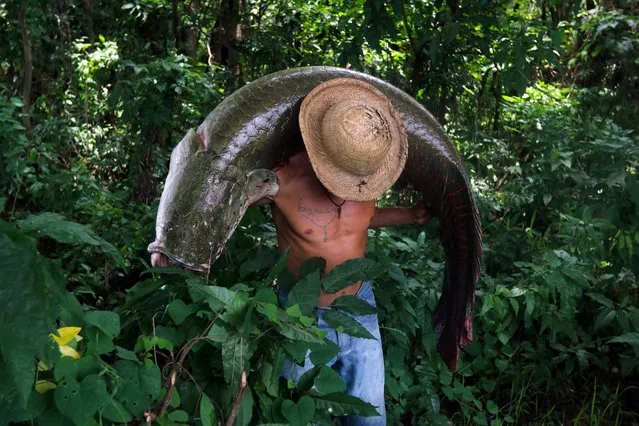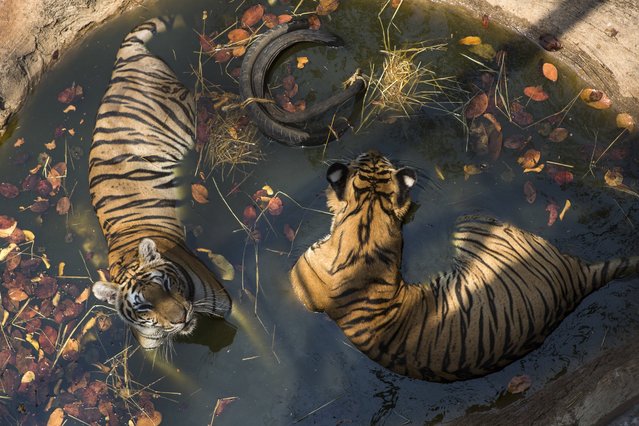
A pair of tigers soak in a shallow pool at Tiger Temple, a Buddhist monastery where paying visitors can interact with young adult tigers, in Kanchanaburi, Thailand, March 16, 2016. The attraction, near the Myanmar border, started collecting the animals 15 years ago when villagers brought an injured tiger cub to the local abbot, who agreed to care for it. Today there are nearly 150 tigers at the monastery. (Photo by Amanda Mustard/The New York Times)
04 May 2016 12:08:00,post received
0 comments


